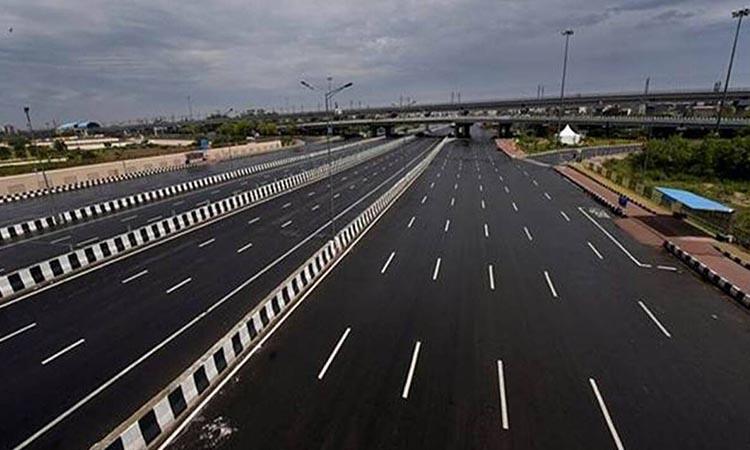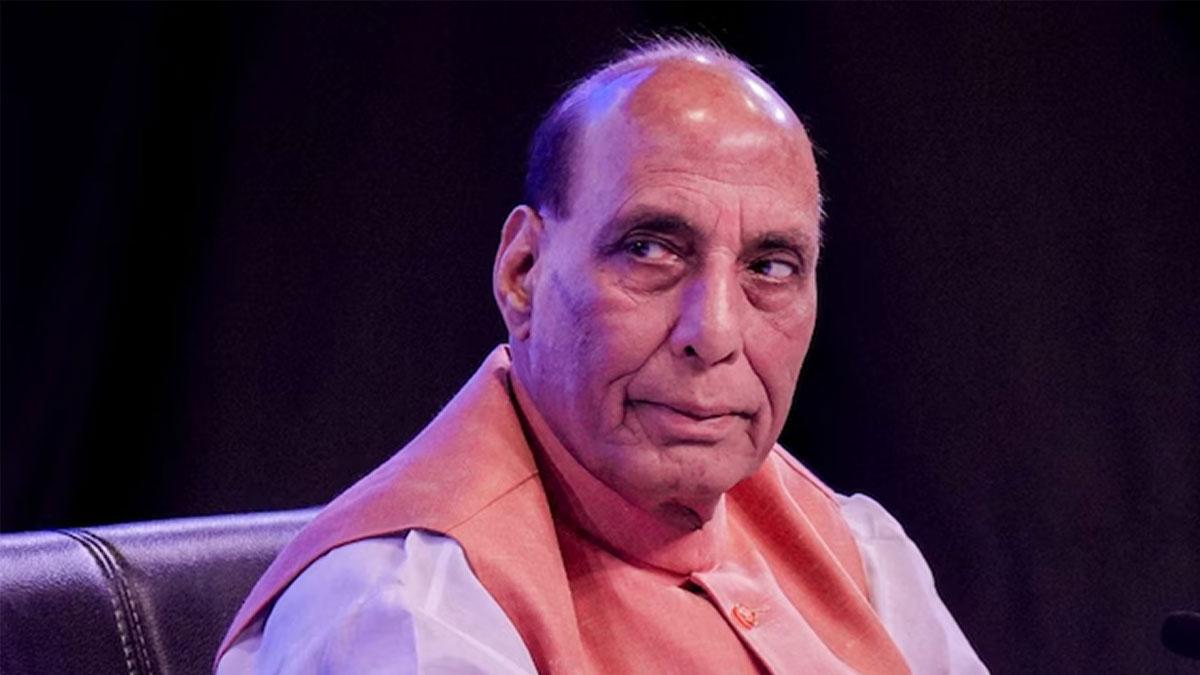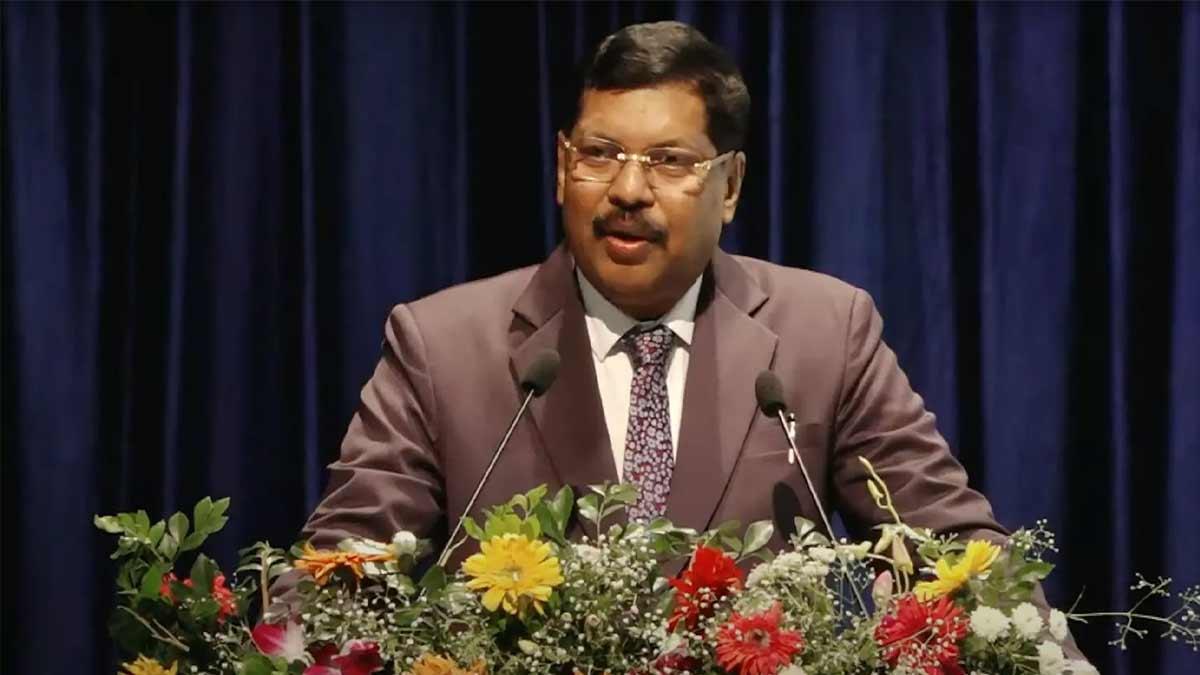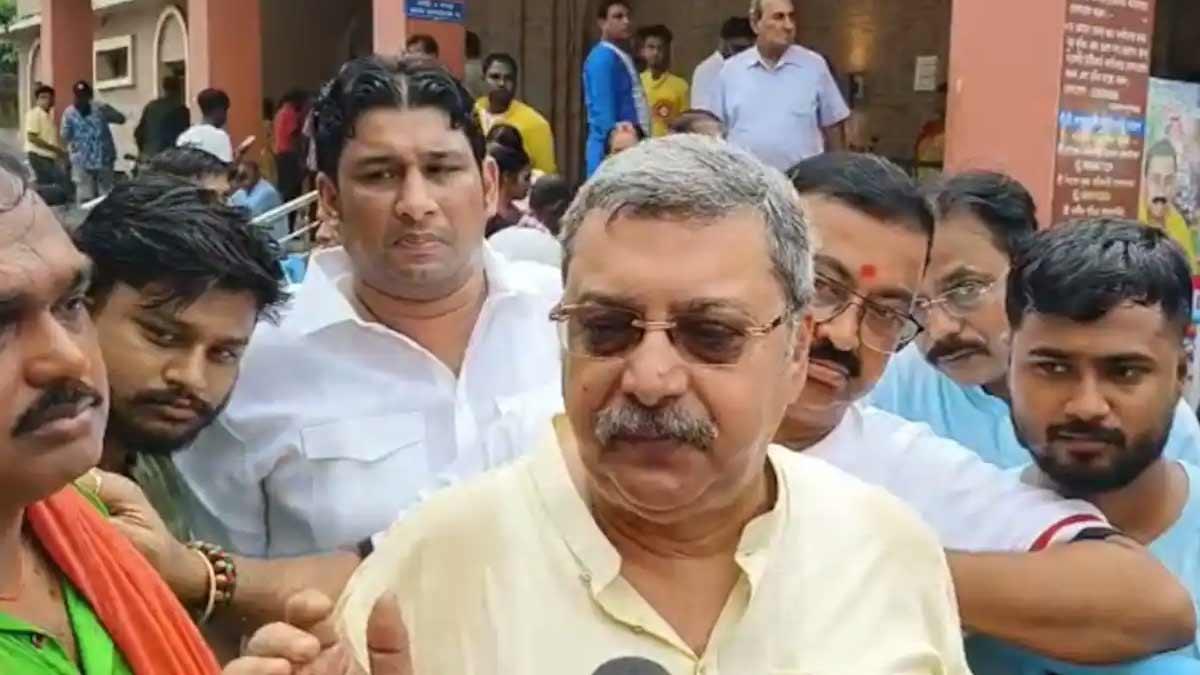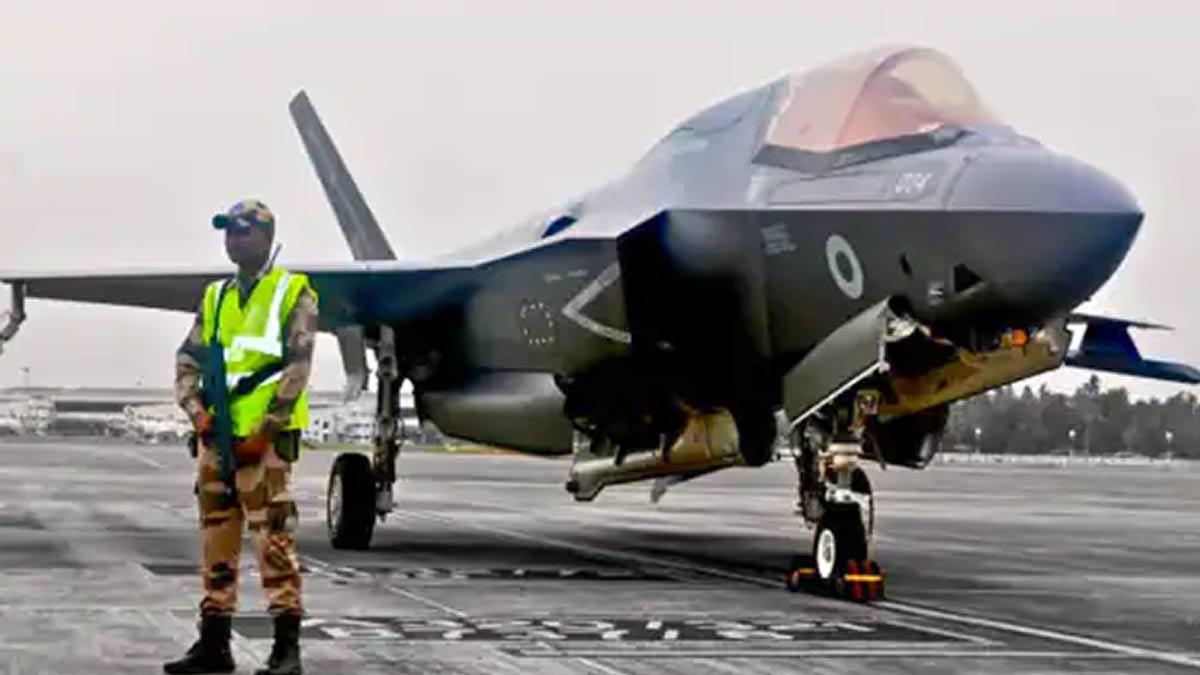Union Minister of Road Transport and Highways Nitin Gadkari on Friday said that the government is constructing the world’s longest highway between Delhi and Mumbai called the Delhi-Mumbai Express Highway. Gadkari reviewed the progress of the highway, which is currently under construction and toured Delhi, Haryana, Rajasthan, Madhya Pradesh and Gujarat over the two days. He further inspected a bridge across the Narmada river in Gujarat and deemed it as “iconic”. "The 2km long extradosed cable span bridge will be India’s first 8 lane bridge to be built across the expressway," Gadkari tweeted. Speaking at the event, Gadkari said, "The Expressway will be 1,380 km long and will go up to Jawaharlal Nehru Port Trust (JNPT), But now, we are also planning to take it up to Nariman Point."
Also Read | Speculation rife over political future of Amarinder Singh
Delhi Mumbai Express Highway: 10 key points
1. The express Highway will be 1,380 kilometres long and will cost a total of ₹98,000 crores.
2. The Delhi–Mumbai Expressway has two main entry/ exit points: DND Flyway in Delhi and Alipur village, north of Sohna in Haryana. Traffic coming from both ends and moving towards Vadodara/ Mumbai will merge at the cloverleaf interchange with KMP Expressway in Nuh district.
3. The first phase from Delhi-Jaipur (Dausa)-Lalsot and Vadodara-Ankleshwar is expected to be open to traffic by March 2022. The expressway is expected to be completed by March 2023.
Also Read | BJP questions Sonia-Rahul over Captains's allegations against Sidhu
4. It used to take around 48 hours to cover the distance between Mumbai and Delhi by truck and 24-26 hours by car. But now, it will only take approximately 18-20 hours to cover the distance between Delhi and Mumbai by truck and 12-13 hours by car.
5. The expressway will feature a spur to Jewar Airport and Jawaharlal Nehru Port to Mumbai through a spur in Mumbai and will improve connectivity to economic hubs like Jaipur, Kishangarh, Ajmer, Kota, Chittorgarh, Udaipur, Bhopal, Ujjain, Indore, Ahmedabad, Vadodara and Surat.
6. Out of the 1,380 km, contracts have been awarded for more than 1,200 km where work is under progress. Meanwhile, Over 15,000 hectares of land has been acquired across states for the construction of the Delhi-Mumbai expressway.
7. The expressway will have Wayside Amenities at 93 places having facilities like ATMs, hotels, retail shops, food courts, charging stations for electric vehicles and fuel stations. It will also be the first expressway in India to have helipads and fully equipped trauma centres at every 100 km for accident victims.
8. It is being developed as an environment-friendly expressway with a tree cover of 2 million trees, watered with drip irrigation along the entire stretch with a rainwater harvesting system at every 500 metres. Expressway will be lit using a mix of power supply from state grids and Solar energy.
9. More than 12 lakh tonnes of steel will be consumed in the construction of the expressway, which is equivalent to building 50 Howrah bridges and 80 lakh tonnes of cement will be consumed for the project, which is approximately 2% of India’s annual cement production capacity.
10. The eight-lane access-controlled expressway can be expanded to a 12-lane expressway depending on the volume of traffic.

